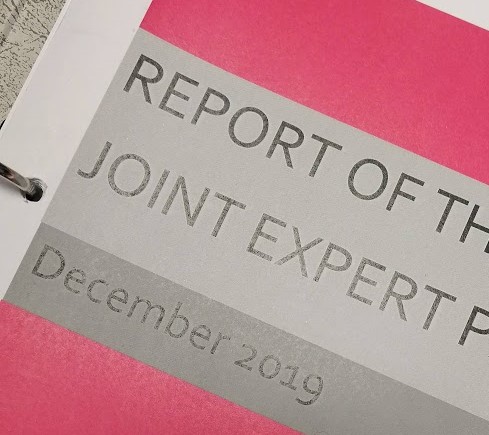Published: 8th September, 2021

Last week, the Joint Negotiating Committee between the University and College Union and Universities UK (UUK) met to discuss the outcome of the 2020 valuation of the USS Pension Scheme. The 2020 valuation took place against the backdrop of the worst effects of the Covid-19 crisis on the stock market. Dated 31 March 2020, the outcome of the valuation was a projected deficit in the scheme of somewhere in the region of £9.4bn-£14bn. Given that the stock market has rebounded, you might think that a new valuation should be conducted. I’ll come back to that, for the moment let’s focus on what happened in the JNC.
Once USS has conducted its valuation, it is up to the UUK and UCU negotiators to work out what benefits the scheme should have and how the costs of this should be split. If they do not agree, an independent chair has the casting vote. USS costed the retention of current benefits at over 50% of salary, a cost that would be split roughly one-third for the member and two-thirds for the employer. Clearly, such a level of contribution would be eye-wateringly expensive. Most members would leave the scheme at such a price.
In order to reduce the cost, UUK’s negotiators proposed dramatic reductions in benefits in order to reduce the cost to members and to employers. These required some additional pledges of support for the scheme by institutions, which were forthcoming. UCU’s negotiators had floated some different ways of cutting costs, whilst at the same time making considerable improvements for lower paid workers and workers on short term contracts. Whilst these only required the same support for the scheme which UUK was prepared to extend to its own proposals, UUK refused to extend such support to the UCU proposals and as such they were not tabled. The UUK proposals were approved by the chair supporting UUK with her casting vote.
Returning to the question of whether or not we should even proceed with a valuation based on 31 March 2020, it seems absurd that the valuation has not been replaced by a new one (there is no legal obstacle to that). But this is because USS argues that the result of a 2021 valuation would be the same. The reasons are complex, but in essence it comes down to USS making extraordinarily dire predictions about future asset growth in order to generate a similar deficit size as the one in the 2020 valuation. From UUK’s perspective, if the 2020 valuation is not implemented then costs will increase for members and employers. The irony of UUK crying poverty in the face of such increases will not be lost on members who have seen real terms pay cuts in higher education over the past decade. But such cries bely why employers are keen to implement USS’s 2020 valuation and stave off increases, even though it could be argued that they see the flaws in it.
In terms of next steps, there is some division among UCU’s Higher Education Committee and among the negotiators. One school of thought sees some merit in negotiating some temporary changes to the scheme, either in terms of costs or benefits (or both) on the understanding that there would be a sensible 2021 valuation that could be implemented in 2022. Another school of thought argues that the valuation methodology is so problematic that it must be addressed now and therefore no cut to benefits or increase in costs should be considered at all. Both sides have merit and both sides will require sustained industrial action. On Thursday of this week there is a Higher Education Special Sector Conference that will discuss the next steps in challenging the 2020 valuation and we shall see which school of thought wins out.